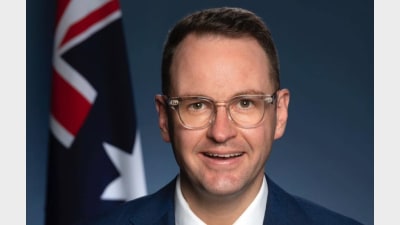Super funds seen as government 'honey pot': ASFA
The Government is increasingly viewing regulated superannuation funds as a ‘honey pot’ and industry associations are fighting the further use of members’ accounts to fund compensation levies.
In a submission on the review of compensation arrangements, the Association of Superannuation Funds of Australia (ASFA) said it would be “inappropriate” for superannuation funds to be levied other than where misconduct has caused a superannuation fund to fail.
Rather, it said financial services providers should be segregated into different classes, and only pay a levy where that type of provider is both guilty of misconduct and insolvent.
If a segregated model were to apply, as in the United Kingdom, it is possible that if a particular class exceeds its annual maximum levy threshold, other classes would be required to ‘top-up’ funding.
In this case, ASFA also said it would be inappropriate for superannuation funds to cross-subsidise other financial products, given that super funds represent the deferred salaries and wages of employees.
But the idea of a universal levy across all product providers does not sit well with ASFA, who say this would create further inequitable outcomes.
It said this model would mean inherently risky financial services products would be cross-subsidised by less risky ones, especially in the case of prudentially regulated superannuation funds.
If this type of levy were to be introduced, ASFA argued regulated super funds should not be required to pay the levy unless it was due to the misconduct of another regulated fund.
In all cases, ASFA suggested that any type of levy should be both statutory and last resort — meaning, it should only apply where the financial services provider is insolvent and there is no other avenue for compensation.
It also suggested the levy have clear parameters as to the process and speed with which it would be paid, and that further, there should be a full review as to the regulatory gap through which misconduct resulted, citing the example of the Trio Capital collapse.
“Little, if anything, has been explored to date in relation to the possibility of failure by [the Australian Securities and Investments Commission] or [the Australian Prudential Regulation Authority] or both with respect to Trio Capital,” the submission stated.
“There appears to be a growing perception that levies should be applied first and questions asked later … This is an unfair treatment of members of superannuation funds,” it stated.
Recommended for you
Australia’s second largest super fund has added thermal coal companies to its list of investment exclusions.
The fund has expanded its corporate superannuation solutions to partner with Australian businesses of all sizes.
The chief executive of Aware Super anticipates a significant shift in how ESG factors will influence portfolio values in the next six years, surpassing the changes witnessed in the past two decades.
In a recent statement, shadow assistant minister for home ownership and Liberal senator for NSW, Andrew Bragg, accused ‘big super’ of fabricating data attributed to the Reserve Bank of Australia to push their agenda.












Add new comment